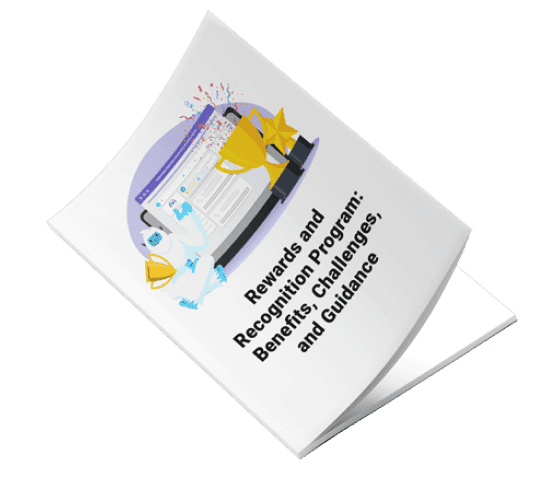
Four Elements of Employee Engagement
November 29, 2021
|
Erika Rahman
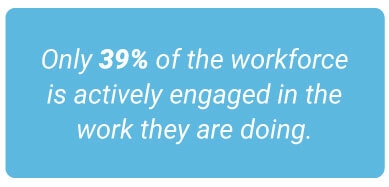
1. Connect
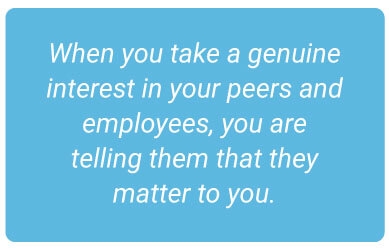
2. Recognize
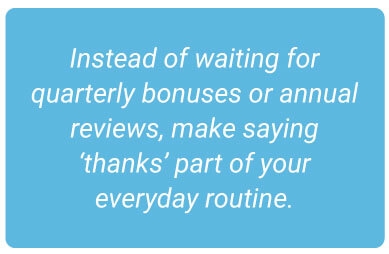
3. Lead
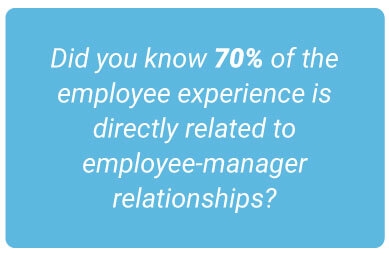
4. Listen
About the Author

Erika Rahman is the Content Marketing Specialist at Motivosity. She studied marketing and business management at Utah Valley University. Erika has a broad background, ranging from optometry to trade school administration, giving her a love and understanding for people across industries. She grew up in Northern California and Colorado, and currently calls the Utah slopes home.
Learn More
Learn More


